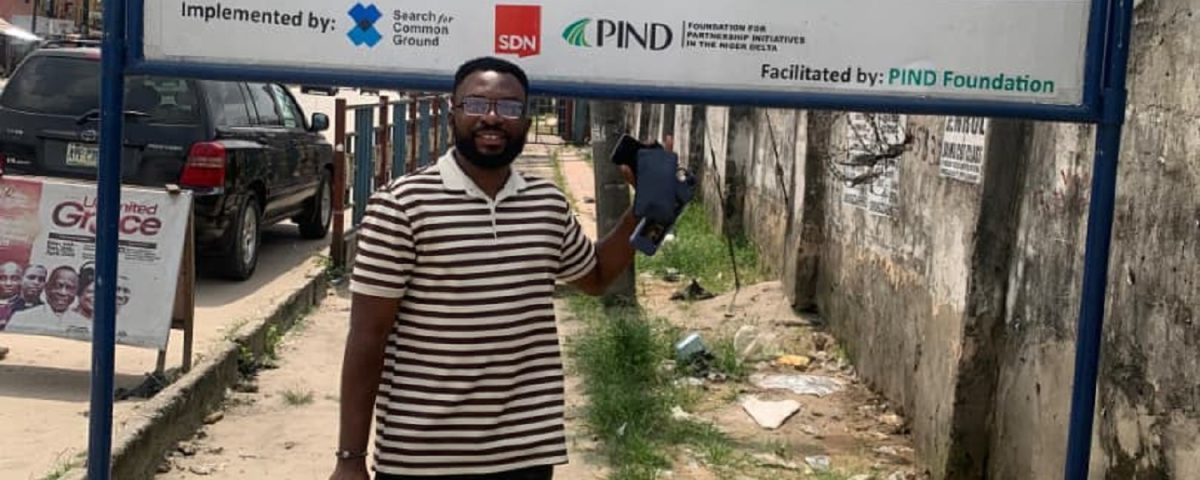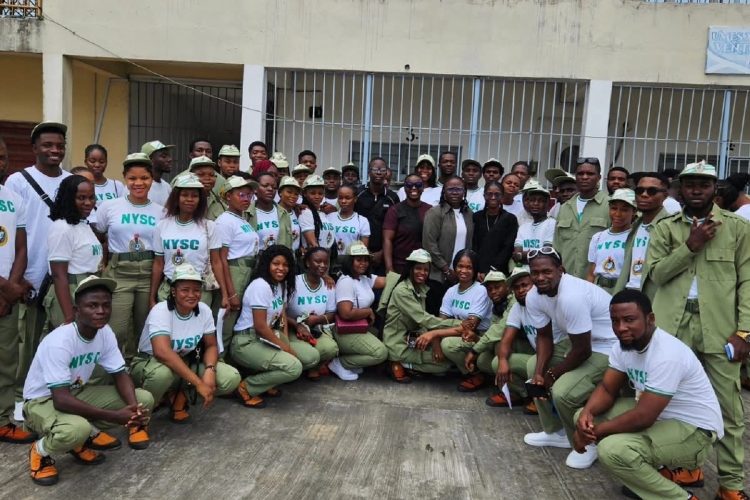
Niger Delta Youth Lead the Way in Digital Storytelling with NDLink’s Wikipedia Training
August 25, 2025
Giving Eleme a Voice: How Sammy Purple is Driving Change Through Media
August 28, 2025By Raphael Obasiohia, NDLink Champion
In July 2023, the tragic death of two-year-old Ivan Omhonria during a National Drug Law Enforcement Agency (NDLEA) raid along Okpanam Road in Asaba, Delta State, ignited national outrage and renewed calls for decisive action against open drug markets.
What was once a high-profile symbol of the dangers of street-level peddling has now become a focal point for coordinated government, security, and civil society interventions to curb the spread of narcotics in the Niger Delta.
Tackling Drug Abuse and Trafficking in Delta State
According to recent NDLEA reports, Delta State is now among the leading states in Nigeria for active anti-drug enforcement. In the first quarter of 2025 alone, the State Command arrested 322 suspected drug offenders, seized over 111 kilograms of narcotics, and confiscated 287 liters of codeine syrup.
The Command has stepped up efforts to dismantle supply networks, a task made more challenging by the disturbing involvement of both minors and the elderly. The Commander of Narcotics, Barr. Abubakar Wadda expressed concern over the rising participation of children under 15 and adults over 60 in the trade, warning that the easy availability of drugs continues to
fuel abuse.
Renewed patrols along notorious corridors such as Okpanam Road, Redeem Junction, and Midwifery Market have disrupted open-air sales, reduced public transactions during peak hours, and improved law enforcement response times.
A Wider Regional Concern Insights from the Niger Delta Peace Map, curated by the Foundation for Partnership Initiatives in
the Niger Delta (PIND), reveal that Delta State’s situation mirrors a broader regional challenge.
Across the Niger Delta, drug-related incidents continue to fuel insecurity, with substance abuse linked to increases in petty theft, violent robbery, and street clashes.
In response, government agencies and civil society partners are intensifying efforts. NDLEA state commands are collaborating with community leaders, youth networks, and NGOs to roll out awareness campaigns, strengthen community policing, and expand access to treatment and rehabilitation services. Scaling Up Interventions The Delta State Government, through the Bureau of Orientation and Communications, has partnered with the State chapter of the NDLEA to mount a “Drug Free Delta” campaign in selected secondary schools across the three senatorial districts.
Similarly, a growing coalition of government agencies and civil society organizations is investing in drug prevention and awareness creation. Under the EU-funded project “ A Community-Centered Approach to Transforming Criminality and Violence in the Niger Delta,” implemented by a consortium including Search for Common Ground (SFCG), Stakeholder Democracy Network (SDN), and PIND, drug abuse sensitization campaigns under its Intercommunal Peace initiatives have reached thousands across Bayelsa and Delta States.
These initiatives combine town hall meetings, sensitization outreaches, and community dialogues, laying the groundwork for a more unified approach to drug control and community resilience in the Niger Delta.
A Shift Towards a Holistic Approach
Stakeholders increasingly agree that tackling drug peddling demands more than raids and arrests. In Delta State, a new strategy is taking shape—one that combines firm enforcement with community trust-building, targeted skills training for vulnerable youth, and strict accountability for compromised security personnel.
The goal is not just to suppress the visible symptoms of drug abuse, but to dismantle the ecosystem that fuels it. Early results are promising: residents are sharing intelligence more readily with security agencies, joint patrols have become more frequent, and partnerships between state authorities and non-governmental actors are growing stronger.
Looking Ahead
While challenges persist—including periodic flare-ups in high-demand areas—Delta State’s model shows the promise of pairing enforcement with prevention. With sustained government commitment, support from international partners, and active community engagement, the state is working to turn past setbacks into momentum toward a safer, drug-free Niger Delta.

















